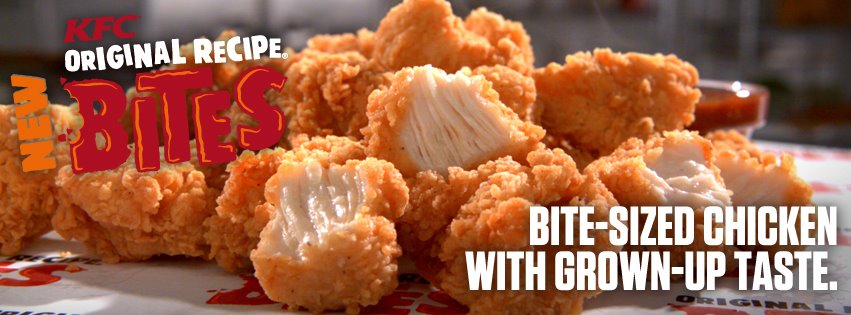
Web series have an uncertain track record, but brands keep trying. KFC is rolling out a comedic series that it hopes can ignite a hankering for its chicken nuggets in young males forced by a tough economy to live at home with their parents.
The brand and media shop MEC enlisted comedians Dave Koechner, Steve Rannazissi and Mo Collins to star in the series “Growing Up and Getting Out.” The first episode, running about three minutes, follows Michael, a recent college grad, who can’t find a job and is forced to move back in with his parents. There will be five episodes of “Growing Up,” running until late August. They will appear on a campaign microsite and won’t be distributed through YouTube.
“Every brand wants to drive relevance with consumers, and there’s no better way to do that than to line up the brand with content and media properties that are a good fit and that the brand and its target are passionate about,” said Joe Tam, digital director at MEC, KFC’s media agency. “We’re hoping that the [Web series] will make KFC relevant among the target and create a positive feeling about the brand.”
In partnership with Comedy Central, the program also includes a contest that asks fans each week to share pictures and stories on freerentcontest.com that express the humorous side of living at home with their parents. Five winners will receive rent for the year in the amount of $12,000 cash. Comedy Central and its sister Viacom networks will promote the series and contest.
Will this kind of effort capture the attention of young dudes? It would seem there’s some funny video at Buzzfeed or meme percolating at Reddit that will prove stiff competition.
“The fact that our content is actually funny and entertaining is what also makes us confident in the program,” said Stephanie Mattingly, national media manager at KFC.
The metrics for success for the effort are interactions in the form of likes and comments, video views and submissions to the contest. Sharing with the social networks will also be tracked.
“A lot of what we are doing is driving relevance, and we have ad effectiveness studies we are running around this, looking at people who have seen the program versus those who have not,” Tam said. “We’ll also be looking at purchase intent and awareness as well.”
More in Marketing

Star power, AI jabs and Free Bird: Digiday’s guide to what was in and out at the Super Bowl
This year’s Big Game saw established brands lean heavily on star power, patriotic iconography and the occasional needle drop.

In Q1, marketers pivot to spending backed by AI and measurement
Q1 budget shifts reflect marketers’ growing focus on data, AI, measurement and where branding actually pays off.

GLP-1 draws pharma advertisers to double down on the Super Bowl
Could this be the last year Novo Nordisk, Boehringer Ingelheim, Hims & Hers, Novartis, Ro, and Lilly all run spots during the Big Game?





